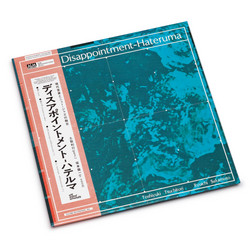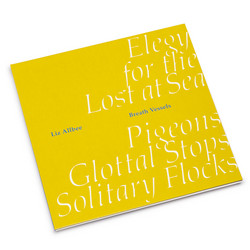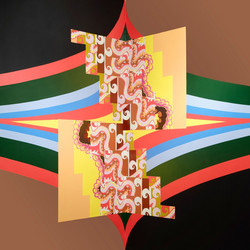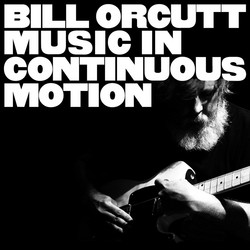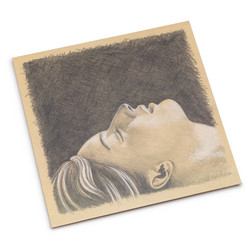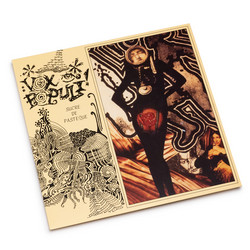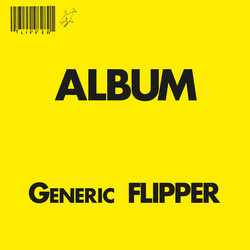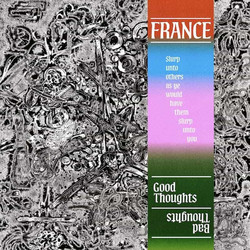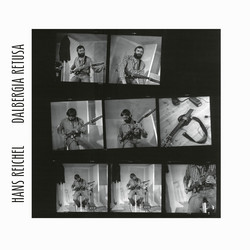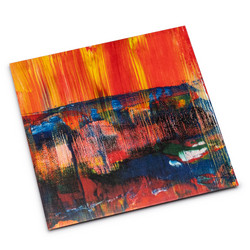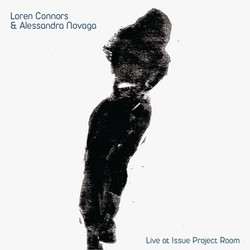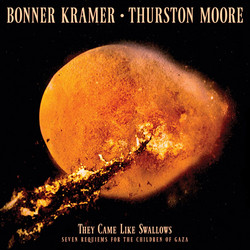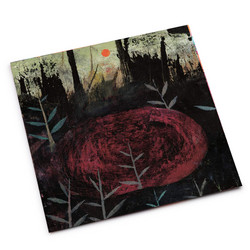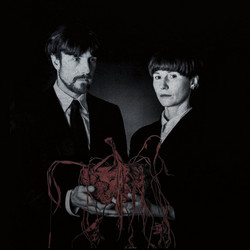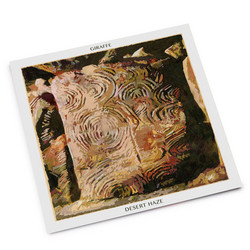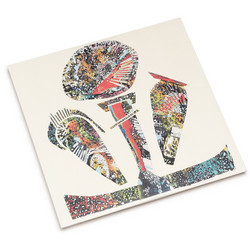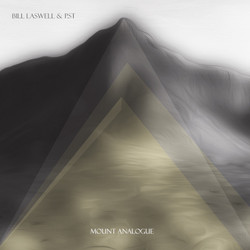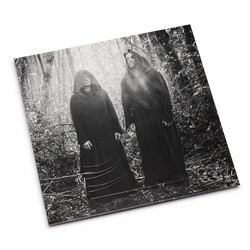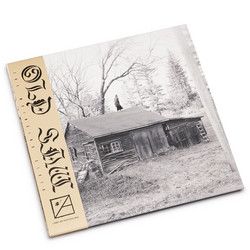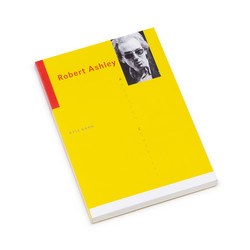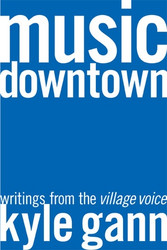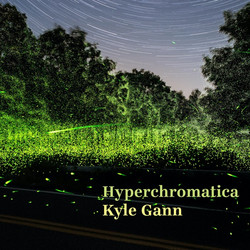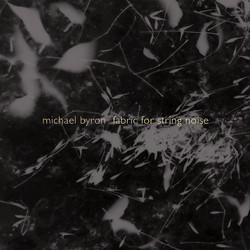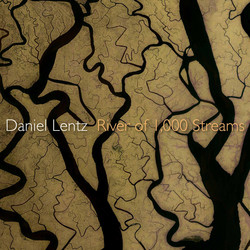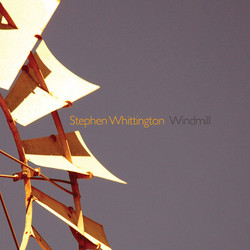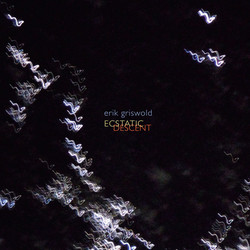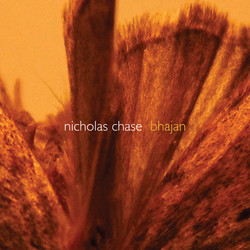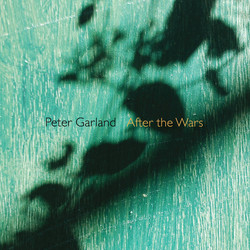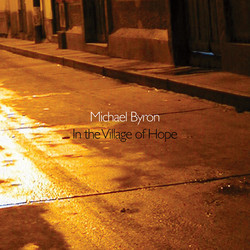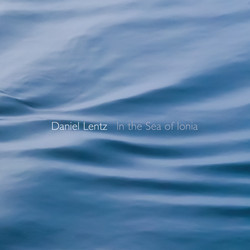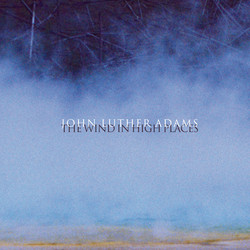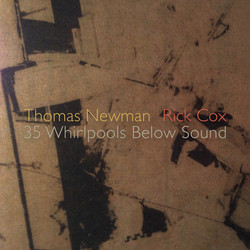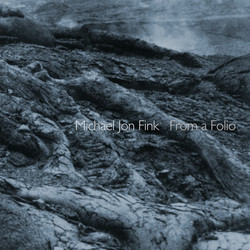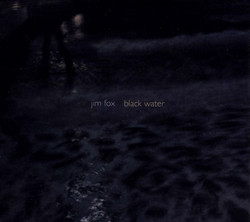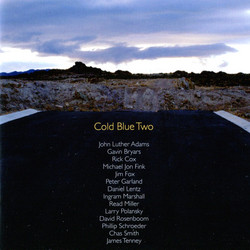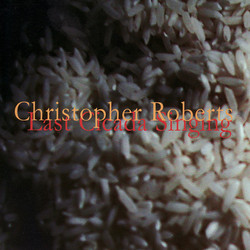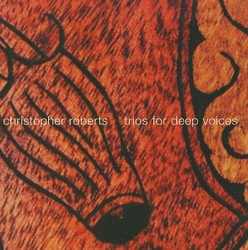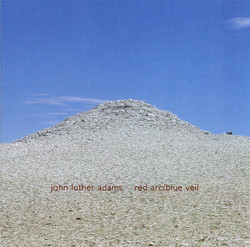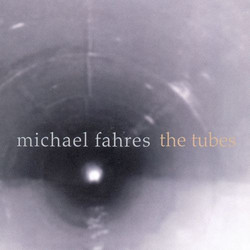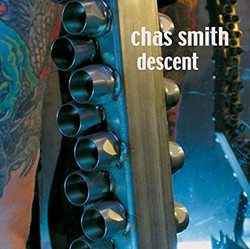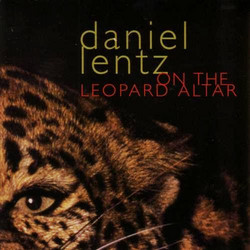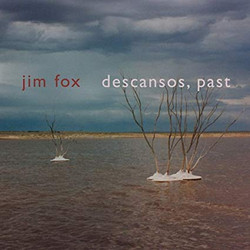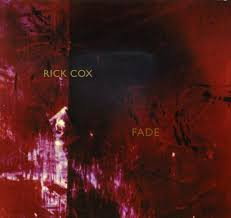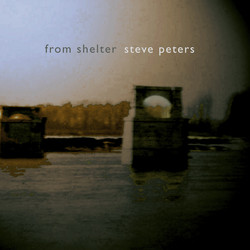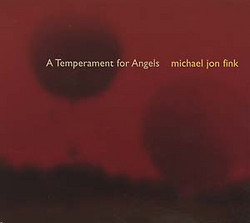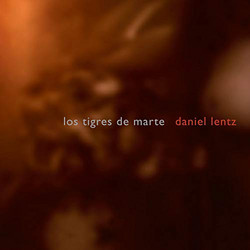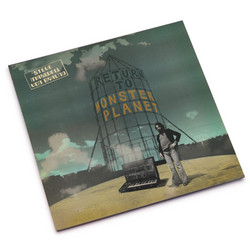Kyle Gann's Long Night is exquisitely drifting, ever-unfolding music for three pianos that sometimes play independently and at other times in synchronization with one another. Gann calls this “the most successful piece from my early, Brian-Eno-influenced, ambient period, a variable-length piece for three non-synchronized pianos at different tempos.”
For this recording, all three piano parts were recorded by Sarah Cahill.
The composer writes about the piece:
“I wrote Long Night very much under the influence of the philosopher Martin Heidegger, impressed particularly by his phenomenology of moods and his disavowal of personality as a unified, linear consciousness. I wanted a piece that was a series of moods, connected neither linearly nor abruptly, but in overlapping discontinuity; and a unity that was not felt moment to moment, but that would leap out in unpredictable motives and reminiscences. These were the days, you know, when ambient music was still soft and unobtrusive. Each piano part is constructed in repeating loops, whose lengths can usually be altered at will by the pianists, and the relationship between the pianos is unsynchronized and aleatory – which is why, for a recording, only one pianist is necessary. Part of the discontinuity is that the first four sections are in C, the fifth in A, and the last two in C#. I first performed the piece with friends at Northwestern University, and it was later (last, in fact) played at New Music American 1982 in Chicago.”
Kyle Gann is a highly regarded composer, author, and noted critic who has written about new music for the Village Voice since 1986. Gann’s music, viewed as a whole over the past 20 years, might be described as post-minimalist or maximalist or perhaps even idiosyncratic/iconoclastic. Whatever label one may attach to it, it is usually complex, beautiful, moving, and highly unusual. Exploratory in its thrust, it is richly informed by the American experimental music tradition—Ives, Cowell, Nancarrow, Partch, Glass, and others.
Gann’s music has been performed at the Bang on a Can, New Music America, Spoleto festivals, and many similar venues. Recordings of his music have been released by the New World, MicroFest, Monroe Street, New Albion, New Tone, and Lovely Music labels.
Kyle Gann is an exceptionally prolific writer who has penned more than 2,000 articles for 40 publications and is a frequent contributor to Chamber Music magazine and the New York Times. He is the recipient of an ASCAP-Deems Taylor Award and a Stagebill Award for music criticism. Gann is the author of a number of books, including American Music in the 20th Century (Schirmer Books), The Music of Conlon Nancarrow (Cambridge University Press), and Music Downtown, a collection of his Village Voice articles (University of California Press), Charles Ives’s Concord: Essays After a Sonata (University of Illinois Press), and Robert Ashley (University of Illinois Press). He also writes Minnesota Public Radio’s Peabody Award-winning radio show The American Mavericks. In 2003, the American Music Center awarded Gann its Letter of Distinction.
“Best Albums of 2005…. The composer-turned-critic dusts off a minimalist piano sketch from his apparently not-so-misspent youth.” —K. Leander Williams, Time Out New York
